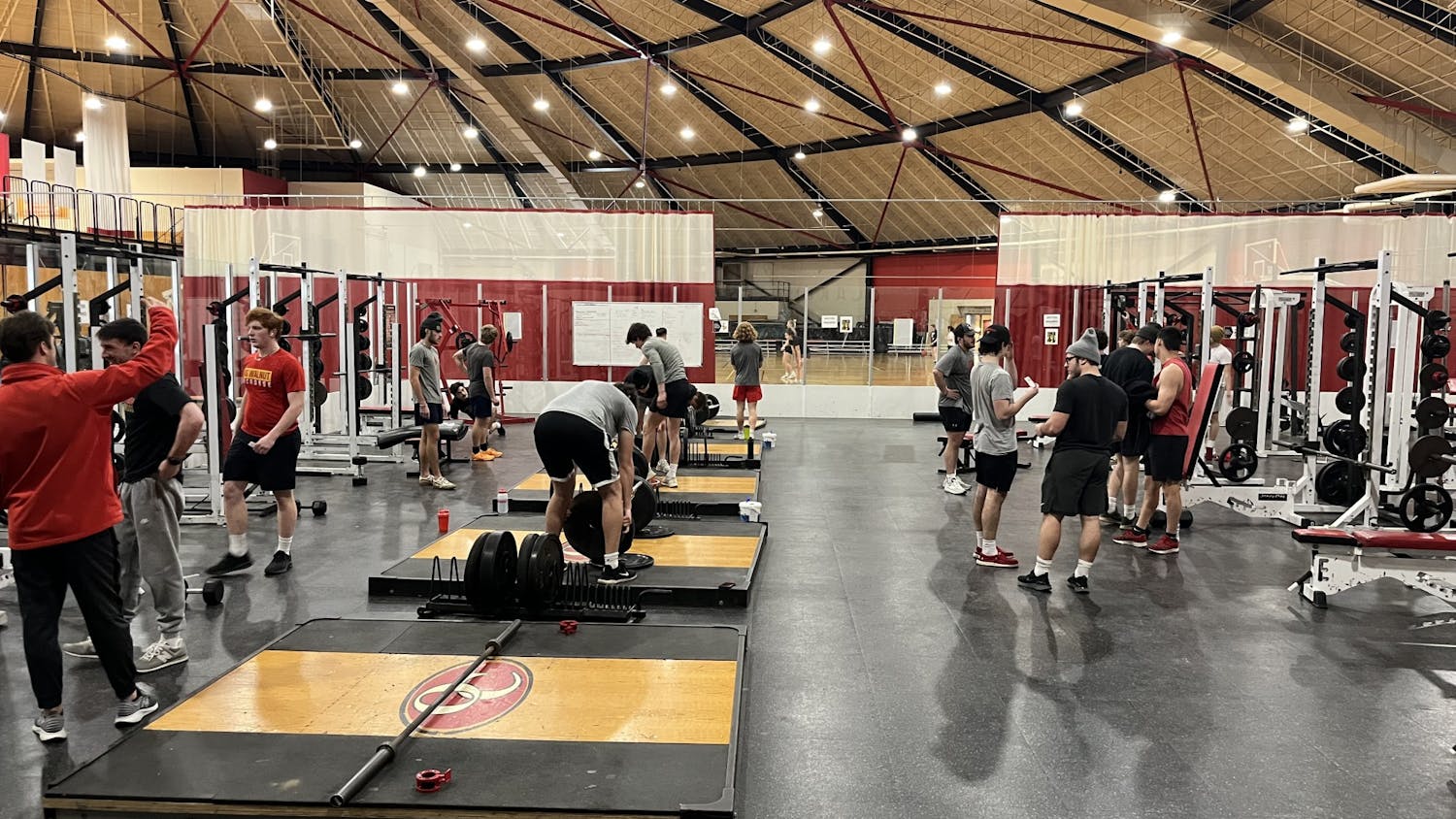The Otterbein University Board of Trustees voted to raise tuition for full-time undergraduate students by 1.8% and credit hour rates for part-time students by 1.9%. The board also voted to raise rates by 2% for room and 3% for the board. The student life fee and the technology fee were not raised.
The full price change was announced on Friday in a report of the Board of Trustees meeting emailed out by Vice President Kristine Robbins.
Concern rose about whether tuition costs would be locked in for those students who started before the new tuition plan.
Jefferson Blackburn-Smith, the vice president of enrollment management, dismissed this by stating that while tuition prices had not been raised in the past, no promise was made that tuition prices would not increase in the future.
An update on the compensation plan for faculty and staff was raised during the president’s report. Comerford told the board that they are currently in year two of a three-year plan to fix the issue. Equity adjustments for eligible staff will be made effective on January 1, 2020.
The plan is to raise compensation by 1% across the board equaling $250,000. Comerford noted that the administration is currently working to move compensation over to a merit-based system by the end of the academic year.
Comerford also announced the initial donation of $100,000 by Alan Goff and Coral Harris to start the ‘Green Revolving Fund’.
The fund is set to provide needed financing for eco-friendly upgrades to the campus. The turnaround on savings is set to pay back in a five-to-seven-year period. This, in turn, will self-finance future upgrades.
Comerford said, “we did this at my last school and other schools have similar programs, where the nice thing is that it isn’t one and done. As donors are interested in sustainability, here’s a way to really make a difference that perpetuates itself.”
A new retirement plan was announced for faculty and staff by Chris Kaiser, the chair of the audit and risk management committee. They will be moving from 5% at the start date and 10% after 10 years to an auto-enrollment plan. Faculty is auto-enrolled for new members at 3% and then adds 1% each year up to 10% of their salary.
Blackburn-Smith told the board that enrollment for this past academic year has been growing, with undergrad enrollment rates up 7.5% compared to five years ago. Blackburn-Smith equates this growth to the university’s new low-income enrollment programs and new department programs such as Zoo and Conservation Science and Engineering.







